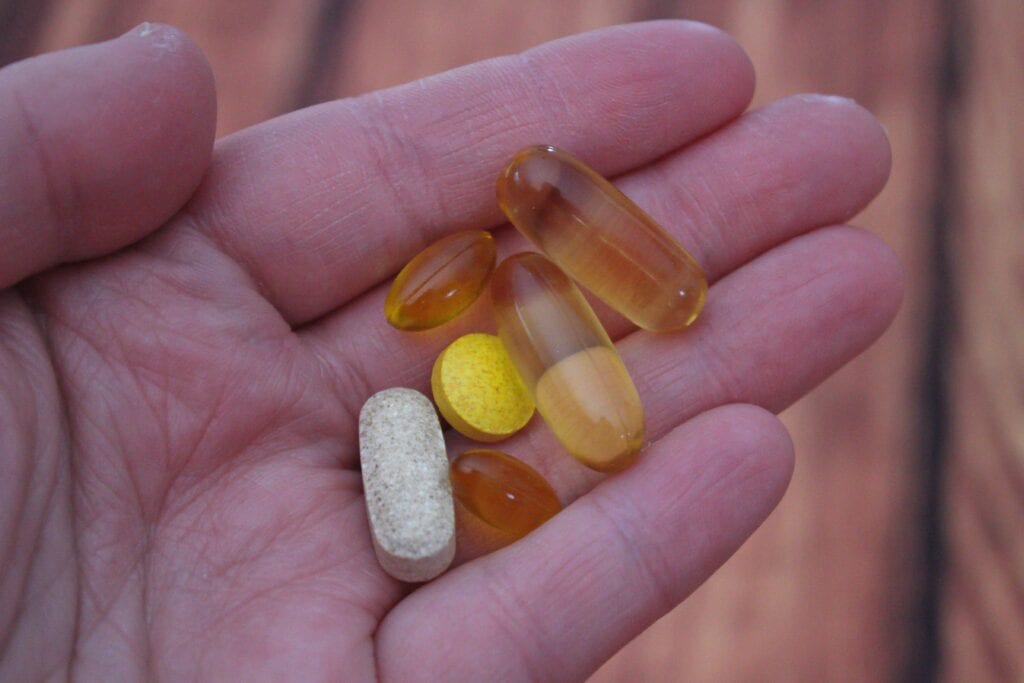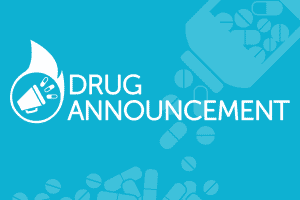As much as you and I have tried to keep up on COVID-19 news, the information changes every day. Although about 80% of cases are asymptomatic or mild to moderate, a smaller number of people experience severe and sometimes fatal respiratory and inflammatory reactions. As of the afternoon of June 8, there are 6.8 million diagnosed cases worldwide with 397,000 deaths. However, a recent study in medRxiv suggests that a combination of magnesium and vitamins D3 and B12 could potentially stop COVID-19 from progressing to the point of fatality.
Magnesium, D3, and B12
Vitamin D3
Vitamin D3 is a fat-soluble vitamin that is sometimes added to foods. However, you can also raise your vitamin D levels by spending some time in the sun!
Vitamin D has a variety of benefits, including:
- Helping your body absorb calcium and phosphorus
- Reducing depression
- Improving respiratory function
- Promoting bone growth and strength
- Reducing inflammation
- Preventing rickets, osteomalacia, and osteoporosis
- Reducing your risk of multiple sclerosis, heart disease, or the flu
- Strengthening your immune system
Vitamin B12
According to the NIH, this water-soluble vitamin:
helps keep the body’s nerve and blood cells healthy, [helps prevent megaloblastic anemia], and helps make DNA, the genetic material in all cells.
When taken, it can improve gut health. Vitamin D deficiency is common in older adults and results in symptoms such as fatigue, unintended weight loss, jaundice, dizziness, and mood changes.
Magnesium
Magnesium is an essential mineral and plays a huge role in your bodily functions. In fact, says the NIH, magnesium:
is a cofactor in more than 300 enzyme systems that regulate diverse biochemical reactions in the body, including protein synthesis, muscle and nerve function, blood glucose control, and blood pressure regulation.
Magnesium deficiencies are common in the United States because magnesium-rich foods, such as leafy greens and nuts, are not a large part of many diets. However, those lacking magnesium may experience inflammation, high blood pressure, and the development of many diseases or conditions.
Alternately, benefits of taking magnesium include:
- Promoting better sleep
- Reducing insulin resistance
- Improving or preventing migraines
- Lowering blood pressure
- Reducing inflammation
- Improving mood
Stopping COVID-19 Progression
Admittedly, COVID-19 is a respiratory condition. But many fatalities result from inflammatory complications. The immune system overreacts to COVID-19 infection, releasing cytokines like IL-6 and IL-8 to fight the virus. But when the immune system releases too many of these cytokines (also known as a cytokine storm), the inflammation leads to organ damage or loss of function.
In this study, researchers wanted to see whether vitamin B12, vitamin D3, and magnesium supplements (taken together) could reduce symptoms and disease progression. If patients were not yet severely ill, could this combination improve their outcomes?
The study information, and demographics, include:
- 43 patients aged 50 or older.
- 26 patients were controls.
- 17 patients received the vitamin combination.
- All patients were hospitalized between January and April 2020.
- Additionally, all patients tested positive for COVID-19.
- Patients were treated for up to 2 weeks.
- They received:
- 1000 IU vitamin D3
- 150mg magnesium
- 500mcg vitamin B12
- Treatment stopped if:
- Patients recovered, with 2 negative tests.
- Patients deteriorated.
Study Results
Overall, the vitamin-magnesium combination did seem to prevent COVID-19 progression in patients.
- 16 patients (61.5%) from the control group required additional oxygen. All patients were later admitted to the ICU.
- 3 patients (17.6%) from the treated group required additional oxygen. 2 were sent to the ICU.
No patients treated with the combination had any negative side effects. Arguably, the sample size for this study is extremely small. As a result, additional studies are needed to determine replicability. However, this does suggest a potentially affordable and accessible option for patient treatment.
Find the source article here.








